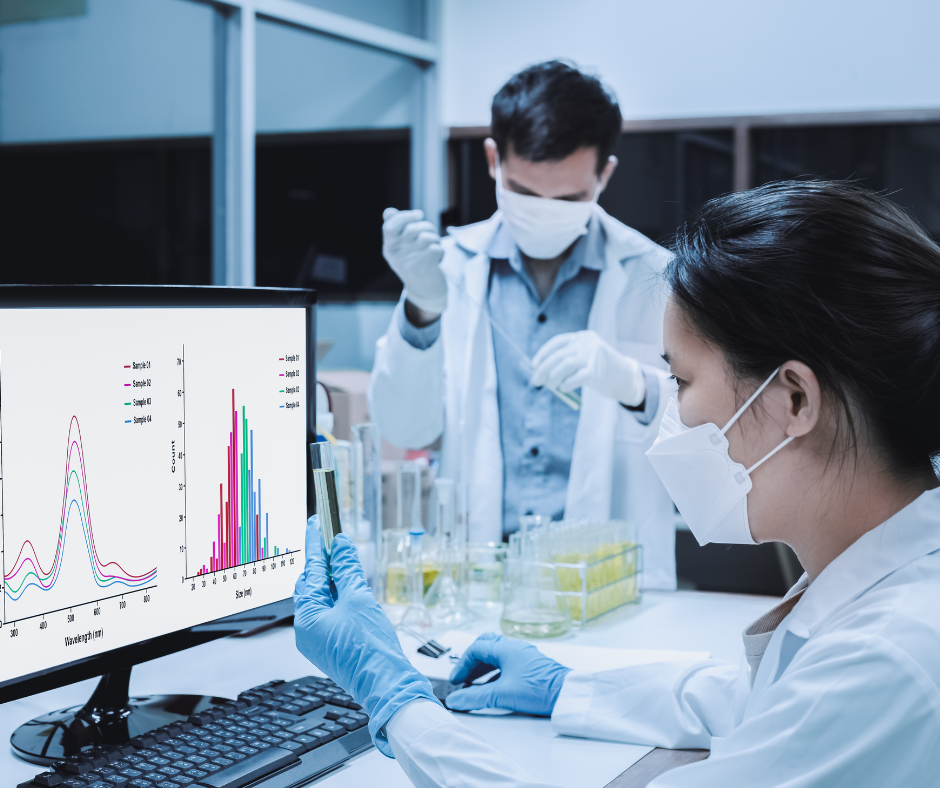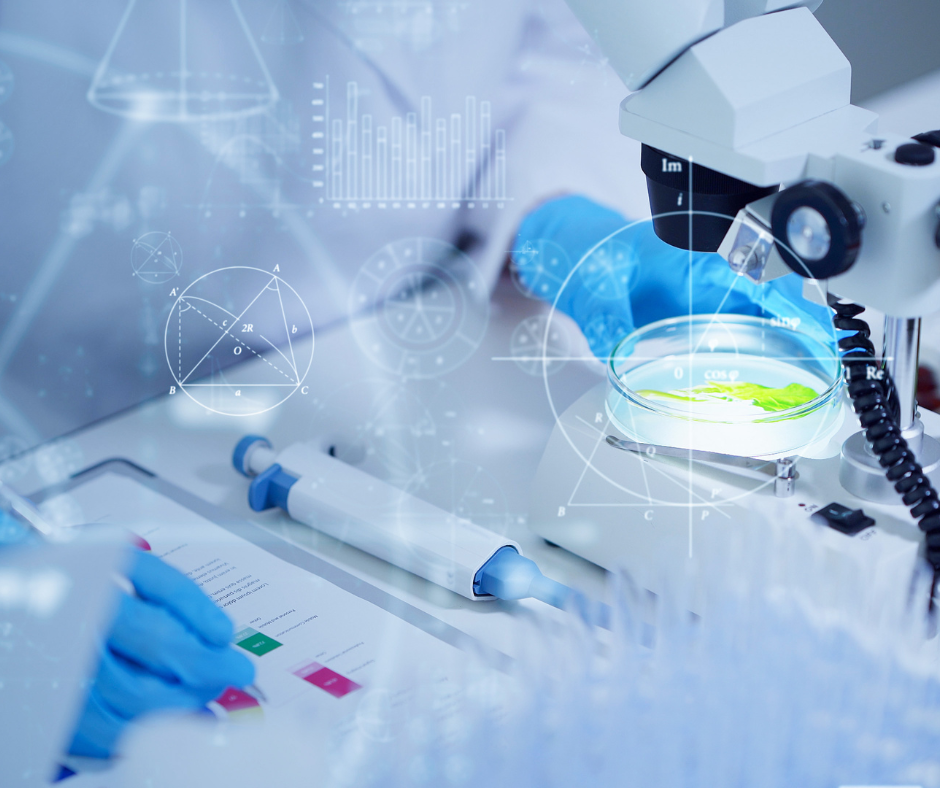Breakthroughs in Biotech and AI: Transforming Healthcare and Beyond
The fusion of biotechnology and artificial intelligence (AI) is rapidly reshaping the world of healthcare, life sciences, and beyond, offering solutions that were once unimaginable. As we move into the next decade, a wave of innovations is set to revolutionize research, development, and patient care.
AI-Powered Drug Discovery and Development
One of the most exciting advancements in biotech is AI’s role in drug discovery. With the ability to process vast amounts of data quickly and accurately, AI is speeding up the identification of promising drug candidates. By simulating how different compounds interact with target proteins or genes, AI can significantly shorten the research phase, cutting both time and costs. It’s also making clinical trials more efficient by improving trial designs, predicting outcomes, and optimizing patient recruitment, ultimately leading to better-targeted treatments.
Genomics and Personalized Medicine: A New Era
In the next decade, genomics will continue to evolve, powered by AI’s ability to analyze massive genetic datasets. AI is uncovering hidden patterns in genetic data, which could unlock treatments tailored specifically to an individual’s genetic makeup. Personalized medicine is increasingly becoming a reality, offering more effective therapies with fewer side effects. This approach is a game-changer, moving away from the one-size-fits-all model to treatments designed just for you.

Bioprinting and Organ-on-a-Chip: Revolutionizing Research
AI is also advancing the creation of human-like tissues and organs through bioprinting and organ-on-a-chip technologies. These innovations are changing the way drugs are tested, offering more accurate simulations of human responses without relying on animal models. In the future, these technologies could even help address the global organ shortage by creating functional organs for transplants, ultimately saving lives and improving patient outcomes.
AI-Driven Diagnostics: A Leap Forward in Healthcare
Medical diagnostics are also being transformed by AI. Machine learning algorithms can now analyze X-rays, MRIs, and CT scans with greater speed and precision than ever before, identifying conditions like cancer and heart disease earlier. Additionally, wearable devices powered by AI are providing real-time health monitoring, such as tracking glucose levels or detecting early signs of neurological decline, enabling more proactive healthcare management and faster interventions.
Optimizing Biotech Manufacturing with AI
AI is revolutionizing biotech manufacturing as well, enhancing everything from vaccine production to biologics. By streamlining production processes, AI improves yield, reduces waste, and ensures high-quality standards. AI-powered systems are speeding up the development and testing of new products, allowing biotech companies to scale production and meet the growing demand for essential medical treatments more efficiently.
Ethical and Regulatory Considerations
With all these breakthroughs come important ethical and regulatory challenges. As AI and biotechnology continue to push the boundaries of innovation, ensuring transparency and fairness will be critical. The rapid development of genetic editing tools like CRISPR, while offering great promise for treating genetic diseases, raises ethical questions that must be carefully considered and regulated.
Looking Ahead
As biotech and AI continue to evolve together, they open up limitless possibilities for advancing healthcare and solving some of the world’s most pressing medical challenges. However, this rapid progress will need to be matched with responsible oversight to navigate the ethical and regulatory landscape. The next decade promises a future where diseases are understood, diagnosed, and treated in ways we’ve only just begun to imagine.

